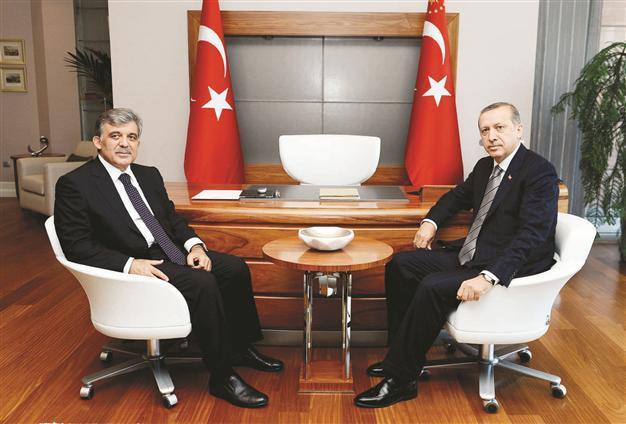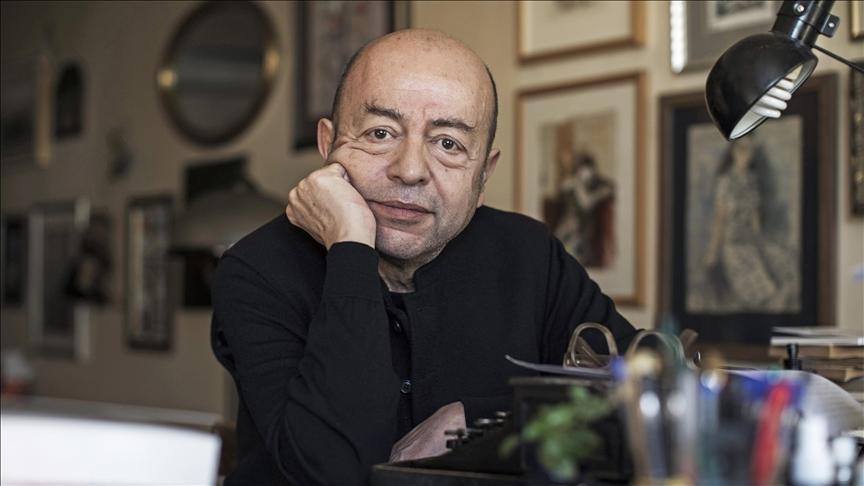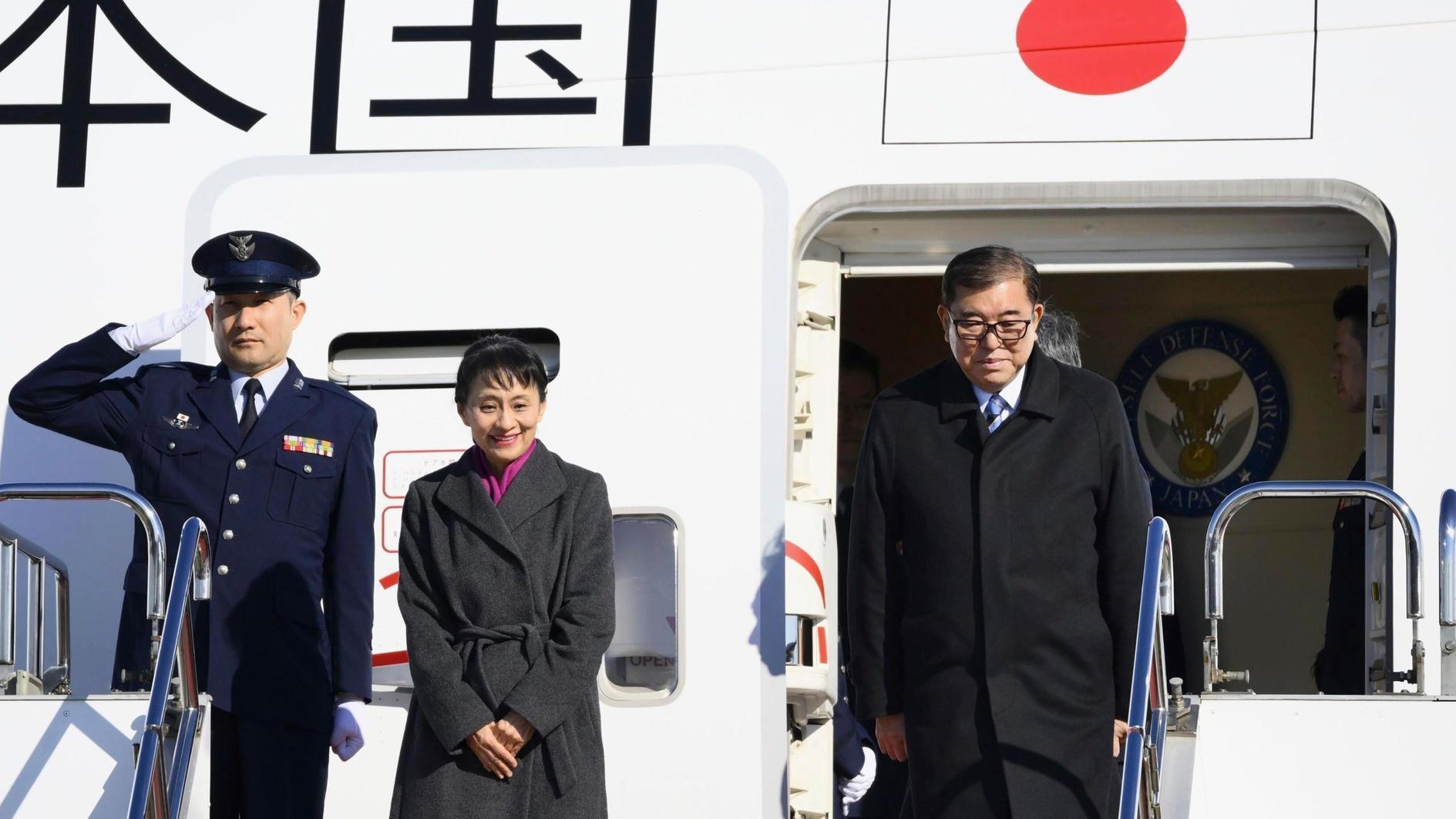Opposition divided on Turkish PM’s new charter offer
ANKARA

Prime Minister Erdoğan (R) visited President Abdullah Gül (L) in Istanbul yesterday. He has urged deputies to 'work hard' through the summer. AA photo
The opposition front has delivered conflicted responses to Prime Minister Recep Tayyip Erdoğan’s call for immediately submitting to Parliament all 48 articles on which the Constitution Conciliation Commission has reached agreement.Among the three opposition parties represented at Parliament, the main opposition was skeptical towards Erdoğan’s motives, while another lent a cautious support, and the third is still trying to make up its mind.
The main opposition Republican People’s Party (CHP) reacted the most strongly, as their deputy group chair Akif Hamzaçebi interpreted Erdoğan’s suggestion as an attempt to find an excuse to walk away from the Commission, and as a sign that he wanted to go ahead with his desire to become president.
“It is understood that Mr. Erdoğan is looking for an excuse to walk away from the Commission. Mr. Prime Minister, if you want a democratic and libertarian Constitution, if you are really sincere, let’s regulate the election threshold and detention period before Parliament closes,” he said at a joint press conference with another CHP deputy, Rıza Türmen, who is also a member of the Commission.
Erdoğan’s proposal came late on July 10 during an “iftar” (fast breaking dinner) hosted by the Civil Servants’ Trade Union (Memur-Sen).
“There is currently agreement on 48 articles in the Constitution Commission. I asked my friends to work for five days for 10-15 hours. Let’s pass all 48 articles through Parliament in a week,” Erdoğan said, reiterating criticism of the opposition’s attitude regarding the charter process and questioning their sincerity.
However, Hamzaçebi has criticized the idea of leaving out articles on which there is no consensus, saying. “Hasn’t this Commission set out to draft a new Constitution?” he asked. "There is no democratic, libertarian Constitution in the prime minister’s head. There is no other project in his head other than being the president.”
Türmen argued that the drafting of the Constitution would not reach its aim if it were to be only partially implemented. “The Prime Minister’s proposal will make drafting a new Constitution harder, if not impossible,” he said.
On the other hand, Peace and Democracy Party’s (BDP) deputy parliamentary group chair Pervin Buldan took a cautiously positive approach. “It is not enough but we will say ‘yes,’” she said.
“If the 48 articles on which agreement was reached come to the General Assembly, we will not say ‘no.’ After all, four groups reached a consensus on these articles. It is not enough but we will say ‘yes’,” Buldan said, while urging for this number to increase to 60-70 articles.
Buldan also emphasized that the agreed articles were rather peripheral. “There are no articles in it that really include the fundamental rights and freedoms. These 48 articles are not very representative of the democratization package we want,” she said.
She asserted that if the number was increased to 60-70 in a way that would include fundamental rights and freedoms, then it would be more meaningful.
Nationalist Movement Party’s (MHP) deputy parliamentary group chair Mehmet Şandır chose not to declare much, as he stated that his party would first hold an internal debate in the related bodies of the party and then would make a public statement on it.
Speaking to reporters ahead of a meeting of the Commission held under the presidency of Parliament Speaker Cemil Çiçek, Mehmet Ali Şahin, a deputy of the ruling Justice and Development Party (AKP) and member of the Commission, favored the suggestion, describing it as “a respectable call.”
“Of course, this can only bear meaning with the answer the political parties will give,” Şahin, nonetheless, noted.
CHP deputy Süheyl Batum, also a member of the Commission, argued that the commission would regard Erdoğan’s remarks as “pressure.”
“It will not take any notice of them. Such a style would not befit the prime minister. A style such as ‘They should work during summer, work hard, there is no summer vacation for them’ can only befit someone who is expressing his opinion in a coffee house and who has no relation to politics. We do not accept such pressure as deputies. Mr. Prime Minister should not adopt such a style,” Batum said.
















